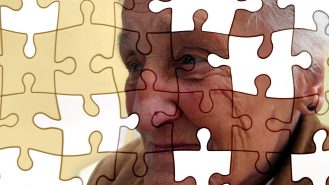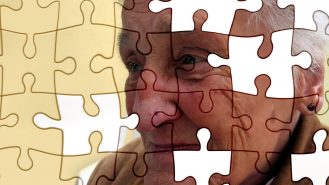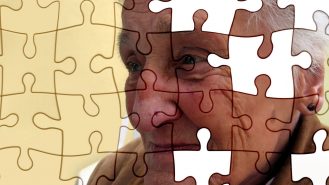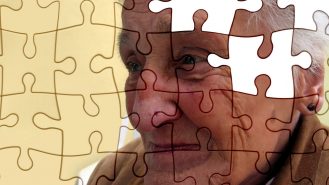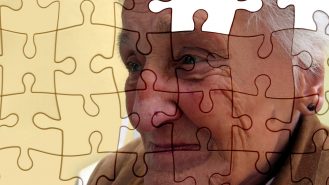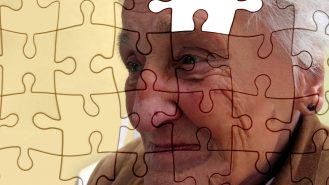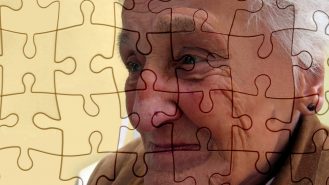Course organiser:Loanne Metcalfe
This series looks at the organs that are situated in the head – the eyes, ears, teeth, throat and the brain, the control centre of the whole body. There is a great selection of speakers and they have promised not to get too technical!
24 May:
Prof. Maggie-Lee Huckabee on 'The Rose Centre for Stroke Recovery and Research: a three-year update.'This clinical research facility provides intensive state of the art clinical service for patients with swallowing disorders and hosts a strong clinical research programme. This presentation will provide an update on the focus of our clinics and research, a summary of our greatest achievements and the challenges – and promises – ahead.
31 May:
Dr. Melissa Babbage of Dilworth Hearing on 'Hearing, Health and Developments in the Treatment of Hearing Loss.'Dr. Babbage will cover new research looking at the impact of hearing loss on health and well-being and recent advances in the treatment of hearing loss.
7 Jun:
Dr. Tracy Melzer of the New Zealand Brain Research Institute on 'What Can Advanced Imaging Techniques Tell Us About the Brain?'Dr. Melzer will discuss a number of medical imaging techniques and what they can tell us about the brain. He will cover how they are using these techniques to investigate cognitive decline and dementia, especially in Parkinson’s disease.
14 Jun:
Dr. Victoria McKelvey of the Christchurch Hospital Dental Department on 'Ageing and Dental Health.'Dr. McKelvey will speak about the findings of a recent national survey on the dental health of older New Zealanders. She will address the importance of oral health and how it is linked with overall health and well-being.
21 Jun:
Dr. Rebecca Stack, a Christchurch ophthalmologist on '20/20 beyond 20/20.'Dr. Stack will discuss the common causes of reduced vision as we age; cataract, glaucoma and macular degeneration. She will outline the key things to do to preserve your eye health, the warning symptoms of disease and the current treatment options. Some promising future treatment prospects, currently in research, will be highlighted.
